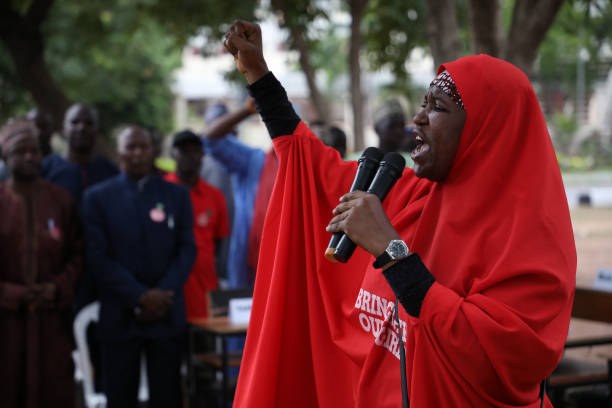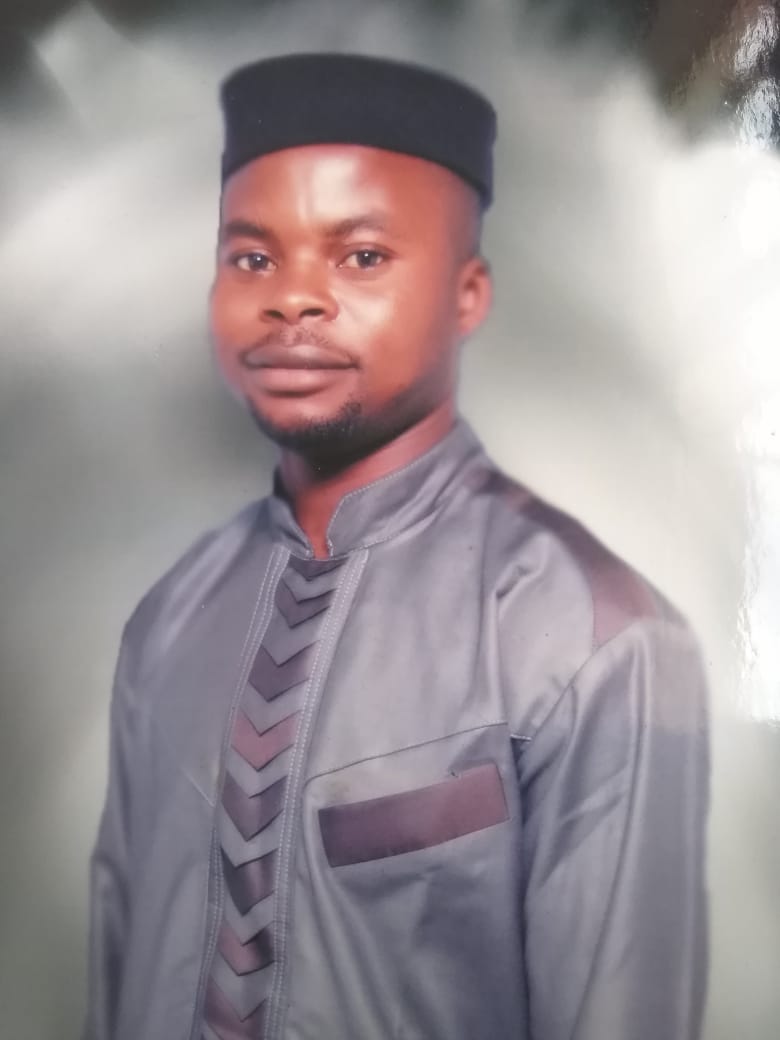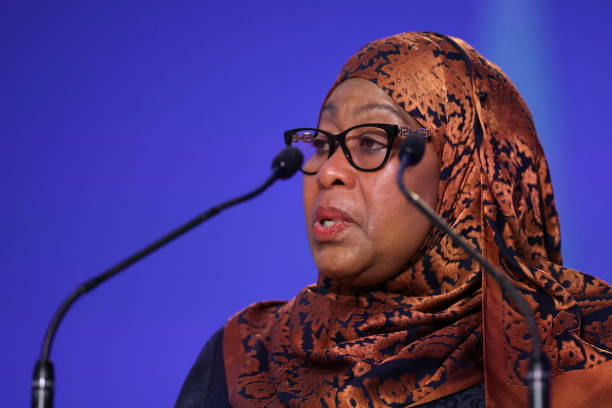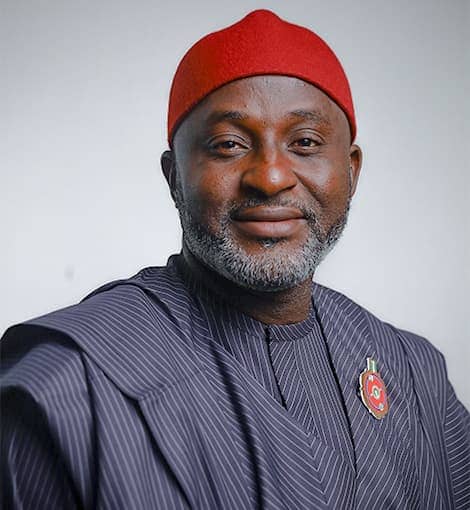She’s bold. She’s outspoken. She’s the woman in the hijab who stared down power without blinking. Aisha Yesufu is not your average activist – she is a force of nature. Whether she’s calling out government failure, marching in protest, or dragging hypocrisy on social media, she does it with the kind of courage that makes both fans and critics sit up straight.
Born and raised in Kano, northern Nigeria, Aisha Yesufu didn’t grow up planning to be the thorn in the side of corrupt politicians. But life and circumstance have a way of shaping people. And Aisha? She refused to be silent. From challenging patriarchal norms as a girl to confronting a failing political system as an adult, she has made it clear: she will not be ignored.
Her rise to national and international attention came in 2014 as one of the co-founders of the #BringBackOurGirls movement – a campaign demanding the return of over 200 schoolgirls abducted by Boko Haram in Chibok. While many were too afraid to speak, Aisha stood firm, holding a red card against government inaction. She didn’t just talk about it — she showed up, every single day, rain or shine.
And then came 2020. The EndSARS protests against police brutality exploded across Nigeria. In the middle of it all was Aisha Yesufu, captured in an iconic photo, wearing her hijab and standing defiantly with a clenched fist. That image became a symbol of resistance. It was more than just a protest — it was history in the making.
But Aisha isn’t just a protester. She’s a thinker, a doer, a political influencer. With sharp wit and blunt honesty, her tweets often read like mini political lectures — raw, real, and always unapologetic. She speaks truth to power, even when it’s unpopular. Even when it’s dangerous. And she doesn’t care which political party is in power. If you mess up, she’ll call you out.
Her critics call her “too loud,” “too angry,” “too much.” But Aisha doesn’t flinch. “Silence is consent,” she often says — and she has no intention of consenting to injustice.
Aisha Yesufu represents something rare in Nigerian public life: consistent moral courage. She’s not in it for fame or money. She doesn’t crave political appointments or validation. What she wants is simple — justice, equity, and good governance.
In a country where many fear to speak, Aisha is the fearless voice that reminds us that change only comes when people rise. She may not be liked by everyone, but one thing is certain — she is respected, even by those who disagree with her.
Love her or hate her, Aisha Yesufu is not backing down anytime soon. And in a time when too many choose comfort over conscience, her voice is not just important — it’s necessary.





